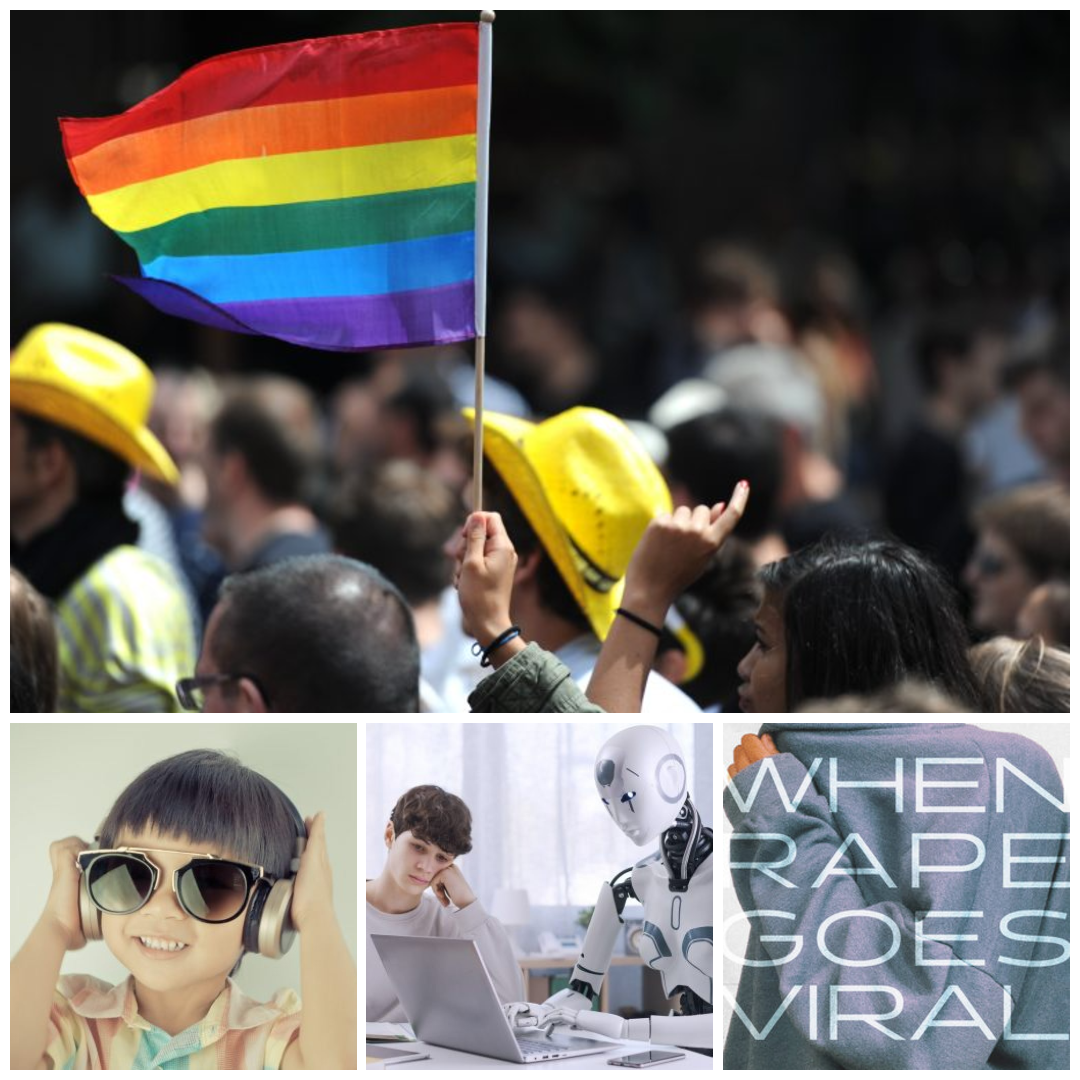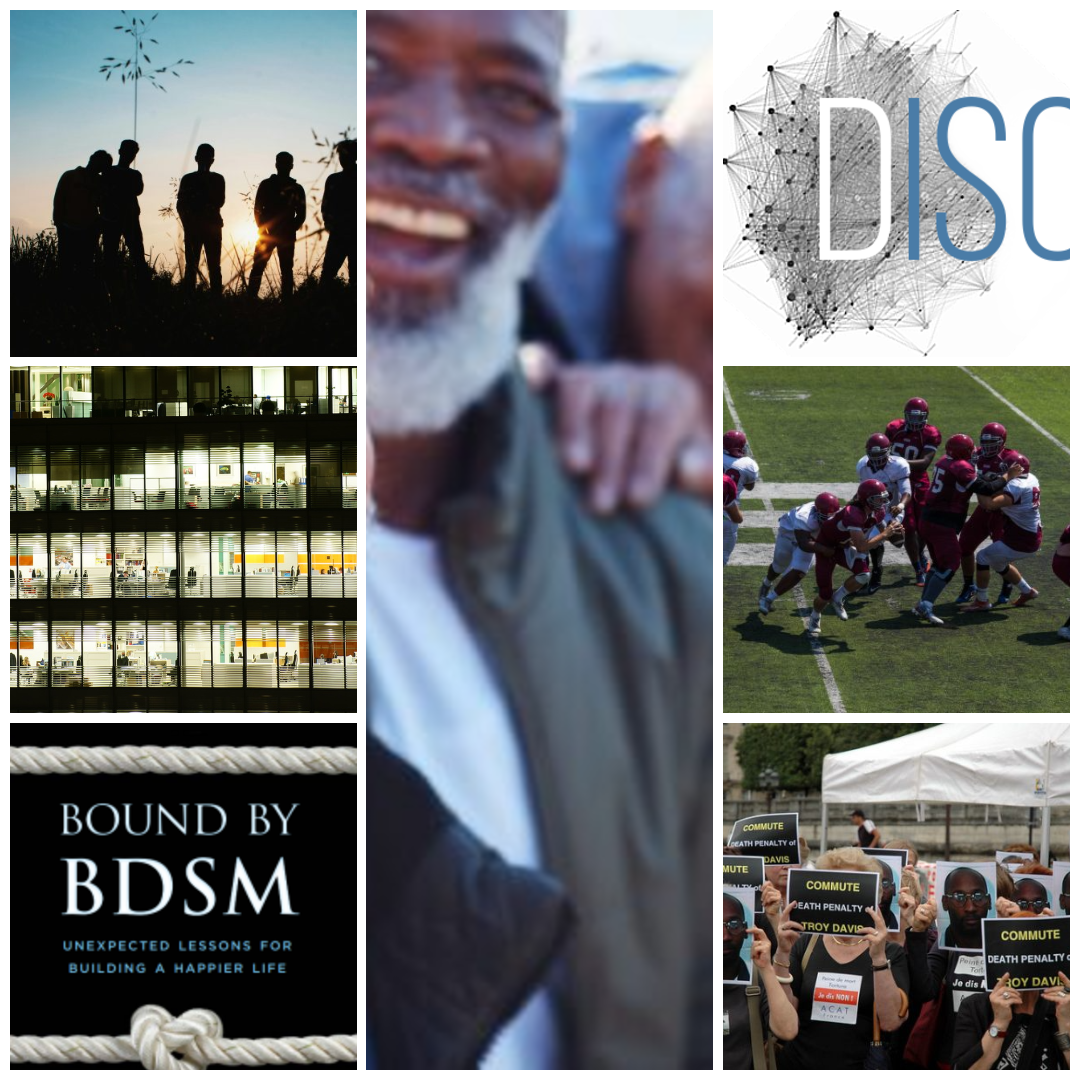
New & Noteworthy
- Housework Gender Expectations in American Households by Emma Goldstein details the surprising way the COVID-19 pandemic affected gender equity, from an article published in Socius by Melissa A. Milkie, Liana C. Sayer, Kei Nomaguchi, and Hope Xu Yan. [3 min read]
- In the latest episode of The Society Pages Podcast, Jordyn Wald considers the paradoxical concept of “heteropessimism” in straight women. [3 min listen]
From the Archives
- The children’s TV show “Reading Rainbow,” which aired on PBS from 1983 to 2006, is returning. With new host Mychal Threets, known for his viral videos about the joy of libraries, “Reading Rainbow” aims to help children become avid readers. This 2023 Contexts piece highlights the importance of books in shaping how young people see themselves and understand the world in an era of book banning. [6 min read]
- This week, Defense Secretary Pete Hegseth delivered his vision for the military to hundreds of top-ranking military officials. Hegseth argued for several changes to the image of the military including an end to “fat troops” and “fat generals,” claiming this was a “bad look” for the U.S. military. This 2016 article from our partner Scholars Strategy Network article discusses the prevalence of weight-based discrimination in the U.S. and the lack of legal prohibitions against it. [5 min read]
More from our Partners & Community Pages
- Data show that professors in the U.S. tend to be more liberal than the average American. In A Closer Look at Ideology and Truth on Campus, Michael D. Briscoe joins the conversation on “the partisan professoriate” to critique Lawrence Eppard and Jacob Mackey’s recent Contexts article, “Ideology Versus Truth on Campus.” [8 min read]
Council on Contemporary Families
- In The Silent Signals of Great Sex, Alicia M. Walker asks, what aren’t we saying in the bedroom? Drawing on an interview-based study she conducted with Audrey Lutmer, Walker calls attention to the power and peril of non-verbal cues in moments of intimacy. [4 min read]
- For undergraduate students, social theory can feel hard and confusing. For professors, so can teaching it. Seasoned theory professor Michel Estefan offers Seven Principles for Teaching Social Theory to help undergrads stay the course. [5 min read]









